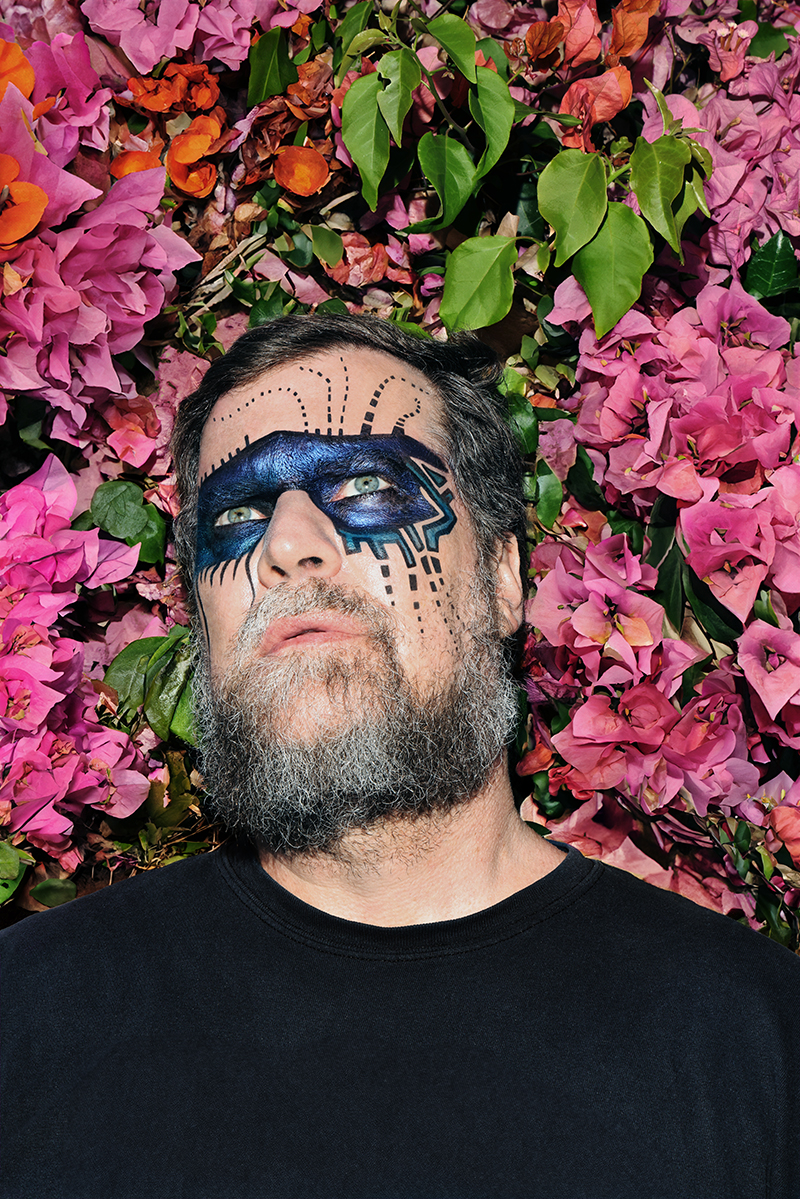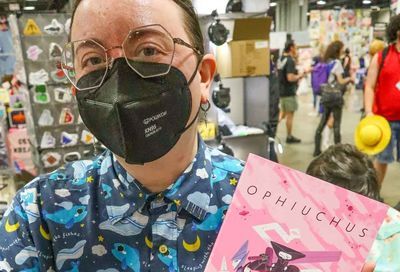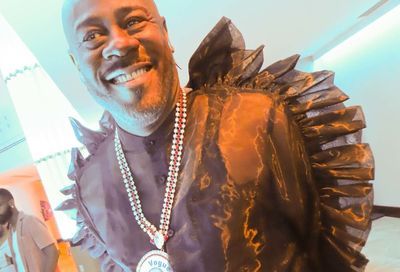Album Review: ‘Laurel Hell’ by Mitski
Mitski returns from a brief hiatus with "Laurel Hell," a complex, cerebral sixth album

Mitski’s Laurel Hell (★★★★☆) comes after an indefinite hiatus that, luckily for her fervent fanbase, turned out to be more like a short breather. But what might have looked from the outside like an unremarkable period of downtime between albums, was instead fraught with almost overwhelming feelings of listlessness, exhaustion, and self-consciousness that were so strong, she has since said in interviews that she seriously considered quitting music altogether after the runaway success of Be The Cowboy. On Laurel Hell, her sixth album, those feelings find themselves expressed evocatively and with the artful sense of nuance that Mitski has built a career on.
From its opening track, “Valentine, Texas,” Laurel Hell is unmistakably Mistki. Her intense, drawn-out vocal stylings are still the most immediately recognizable aspect of her sound, which remains a blend of indie rock and synthy art pop. That sound has gotten bigger and more complex with each album, and Laurel Hell continues that trajectory.
This time, she has followed her pop contemporaries in infusing more expansive, baroque elements into her music, lending a sense of depth and expansiveness to the entire album. The result is a complex blend of indie pop shimmer and deep personal reflections. There is an ominous sense of darkness to Laurel Hell, sometimes right out front as it is in the anxious beats and droning instrumentals of “Everyone” and “Heat Lightning,” elsewhere lurking in the background of more upbeat tracks, but always there.
That sense of angst finds expression in Mitski’s preoccupation with a newly uncertain sense of self, and the attendant sense of anxiety that comes with feeling artistically unmoored. While Mitski’s work has never been short on artful melodrama, she is well known for her ability to deliver it with a characteristic understatedness. That is certainly still present on many of the songs on Laurel Hell, but she also embraces a more dramatic and theatrical pop sound on tracks like the gothy synthpop anthem “Love Me More” and the addictive pity party anthem “Should’ve Been Me.” As solid as these more upbeat tracks are, they remain restrained and grounded as the rest of the album, stopping short (presumably by design) of being full-on pop bangers.
On “Stay Soft,” Mitski reflects, “You stay soft, get eaten, only natural to harden up,” a note-to-self moment that is emblematic of her ability to walk a line between icy aloofness and her own brand of self-effacing vulnerability. Mitski has a gift for remaining somewhat inscrutable even as she opens up about her fears and insecurities, but offers the clearest window into her thought process on “Working For The Knife,” the first track written for the album and the one that apparently served as a touchstone for her writing process. “I used to think I’d be done by 20 / Now at 29 the road ahead appears the same / Though maybe at 30 I’ll see a way to change.” Now 31, Mitski gives us no indication that she has resolved that ambiguity.

On so much of Laurel Hell, Mitski’s ambivalence seems to be the point. On “I Guess” she sings with an unsettling yet gorgeous monotony about accepting the breakdown of a relationship and all the things she will miss about it. The transition into the album’s closing track, “That’s Our Lamp,” is abrupt. The song deals in similar subject matter to “I Guess,” namely the sentimental feelings that surround the end of a relationship, but it begins on a distinctly upbeat note, and builds into an orchestral riot.
Mitski has hardly reinvented herself, but there’s no mistaking that something has changed since her last album. Having time to reflect on her runaway fame and what that has meant for her has allowed her the chance to make some kind of peace with the uncertainties of life as an artist. The tight, self-assuredness of Be The Cowboy has noticeably cracked, revealing someone who paradoxically seems both more in touch with herself and less confident in who exactly that self is. Laurel Hell exudes neither rock-solid confidence or warmth, nor does it try to. What we get instead is an honest reckoning with what it means to live and create in a world of one’s own making, delivered, perhaps in spite of herself, with profound honesty and self-awareness.
Laurel Hell is available to purchase and stream. Visit www.mitski.com. Follow on Twitter at @mitskileaks.
Support Metro Weekly’s Journalism
These are challenging times for news organizations. And yet it’s crucial we stay active and provide vital resources and information to both our local readers and the world. So won’t you please take a moment and consider supporting Metro Weekly with a membership? For as little as $5 a month, you can help ensure Metro Weekly magazine and MetroWeekly.com remain free, viable resources as we provide the best, most diverse, culturally-resonant LGBTQ coverage in both the D.C. region and around the world. Memberships come with exclusive perks and discounts, your own personal digital delivery of each week’s magazine (and an archive), access to our Member's Lounge when it launches this fall, and exclusive members-only items like Metro Weekly Membership Mugs and Tote Bags! Check out all our membership levels here and please join us today!






















You must be logged in to post a comment.